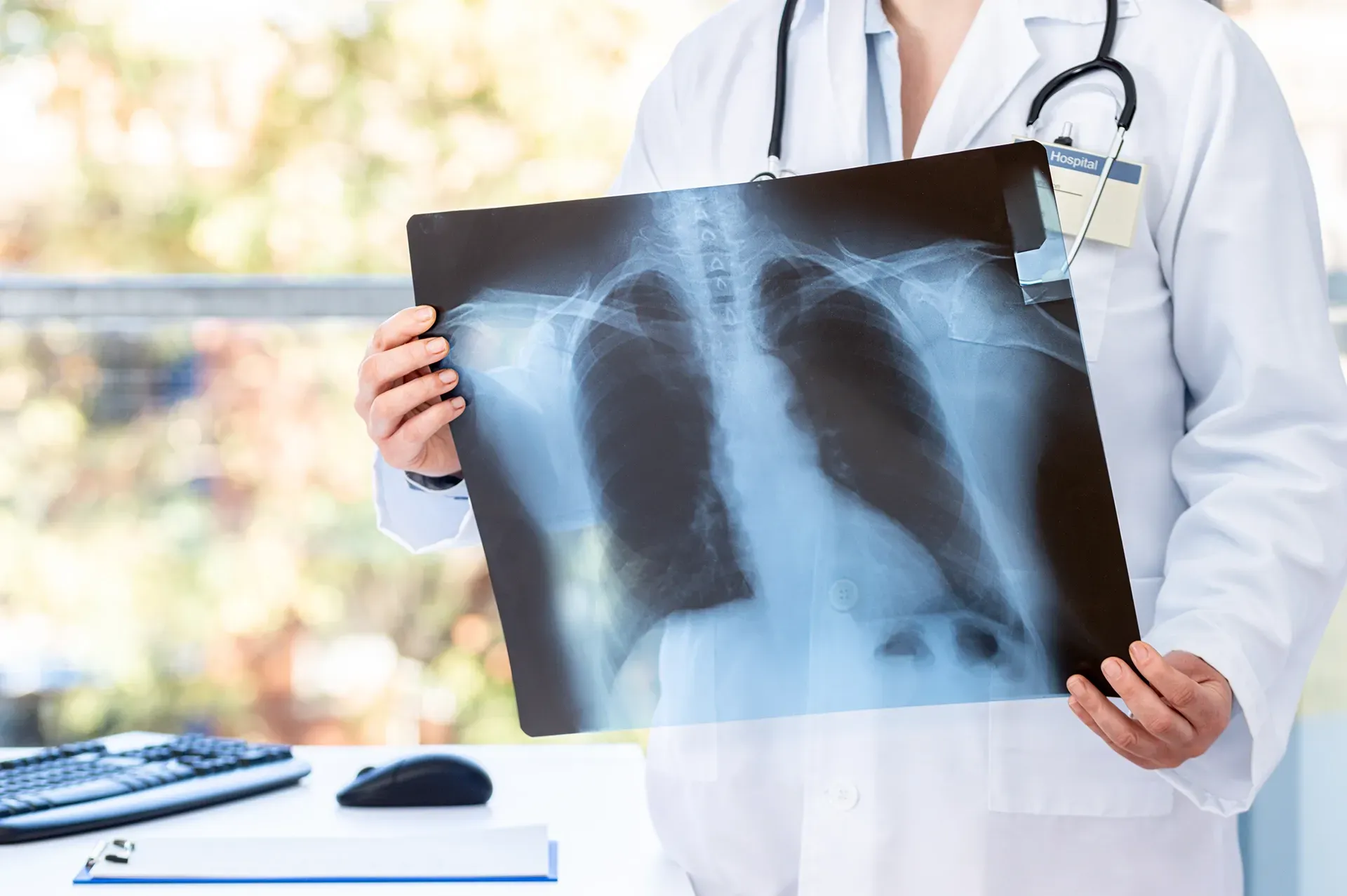INS LifeGuard
Understanding Lung Cancer: Symptoms and Causes

Lung cancer is one of the most prevalent forms of cancer worldwide, affecting millions of individuals each year. Understanding the symptoms and causes of lung cancer is crucial for early detection, diagnosis, and treatment. In this blog post, we will delve into the common symptoms and underlying causes of lung cancer to raise awareness and promote early intervention.
Symptoms of Lung Cancer
Persistent Cough
A persistent cough that worsens over time is one of the most common symptoms of lung cancer. This cough may produce blood or sputum, indicating potential malignancy.
Shortness of Breath
Lung cancer can cause difficulty breathing or shortness of breath, even with minimal physical exertion. This symptom may worsen as the cancer progresses.
Chest Pain
Chest pain or discomfort that is persistent and not alleviated by over-the-counter medications may be a sign of lung cancer. The pain may worsen with coughing, deep breathing, or laughing.
Unexplained Weight Loss
Unintentional weight loss, often accompanied by loss of appetite, fatigue, and weakness, may indicate advanced lung cancer.
Hoarseness
Lung cancer can affect the vocal cords and lead to hoarseness or changes in voice quality that persist for an extended period.
Fatigue
Chronic fatigue or weakness that does not improve with rest may be a symptom of lung cancer, especially in later stages of the disease.
Recurrent Infections
Lung cancer can weaken the immune system, making individuals more susceptible to respiratory infections such as pneumonia or bronchitis.
Causes of Lung Cancer
Smoking
Tobacco smoke, including cigarette, cigar, and pipe smoke, is the leading cause of lung cancer. Smoking exposes the lungs to carcinogens and harmful chemicals that can damage lung tissue and lead to cancerous growths.
Secondhand Smoke
Exposure to secondhand smoke, either at home or in the workplace, increases the risk of developing lung cancer, especially among non-smokers.
Radon Exposure
Radon, a naturally occurring radioactive gas found in soil and rock, can seep into homes and buildings and accumulate to dangerous levels. Prolonged exposure to radon gas increases the risk of lung cancer.
Occupational Hazards
Certain occupations, such as mining, construction, and manufacturing, may expose workers to carcinogens such as asbestos, arsenic, and diesel exhaust, increasing their risk of developing lung cancer.
Air Pollution
Long-term exposure to air pollution, including vehicle exhaust, industrial emissions, and indoor pollutants, can contribute to the development of lung cancer.
Genetic Factors
In some cases, genetic factors and family history may predispose individuals to lung cancer, although these cases are less common than those associated with environmental factors.
Conclusion
Recognising the symptoms and understanding the causes of lung cancer is essential for early detection and prompt treatment. If you experience any of the symptoms mentioned above or have risk factors for lung cancer, such as a history of smoking or occupational exposure to carcinogens, it is crucial to consult a healthcare professional for evaluation and screening. By raising awareness and promoting early intervention, we can improve outcomes for individuals affected by lung cancer and reduce the burden of this devastating disease.

About
INS LifeGuard is the only 24/7 nurse on-call personal and medical monitoring in Australia. We provide monitoring technology for both in the home and on the go and can also monitor other provider's equipment. Our services are suitable for anyone wanting support to stay independent such as the elderly, those with medical conditions and disabilities plus enhancing safety and security for lone workers.













